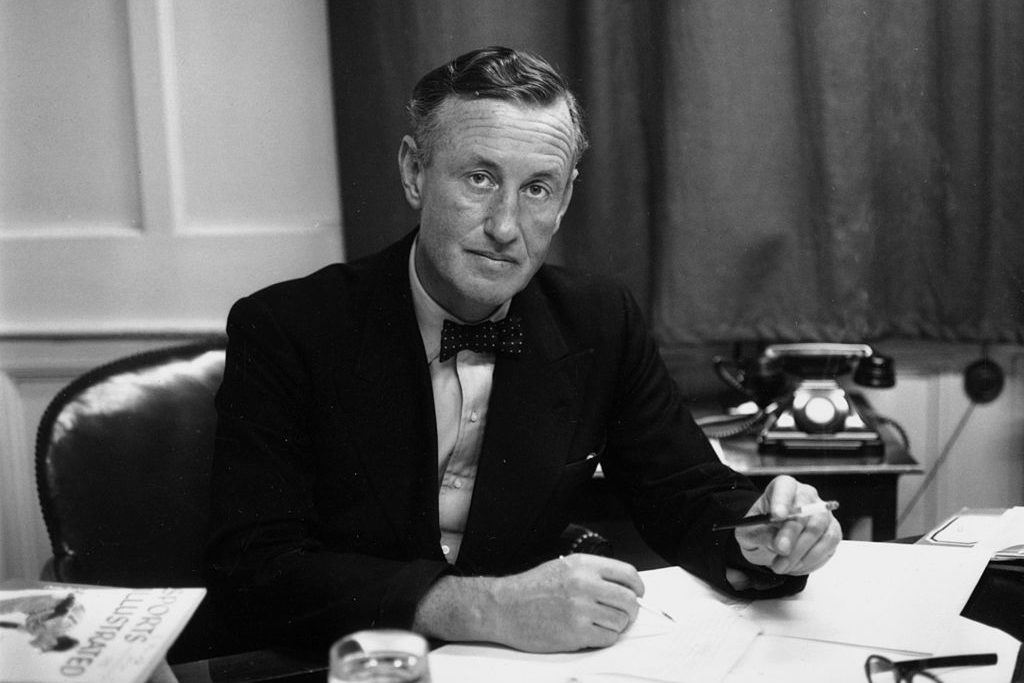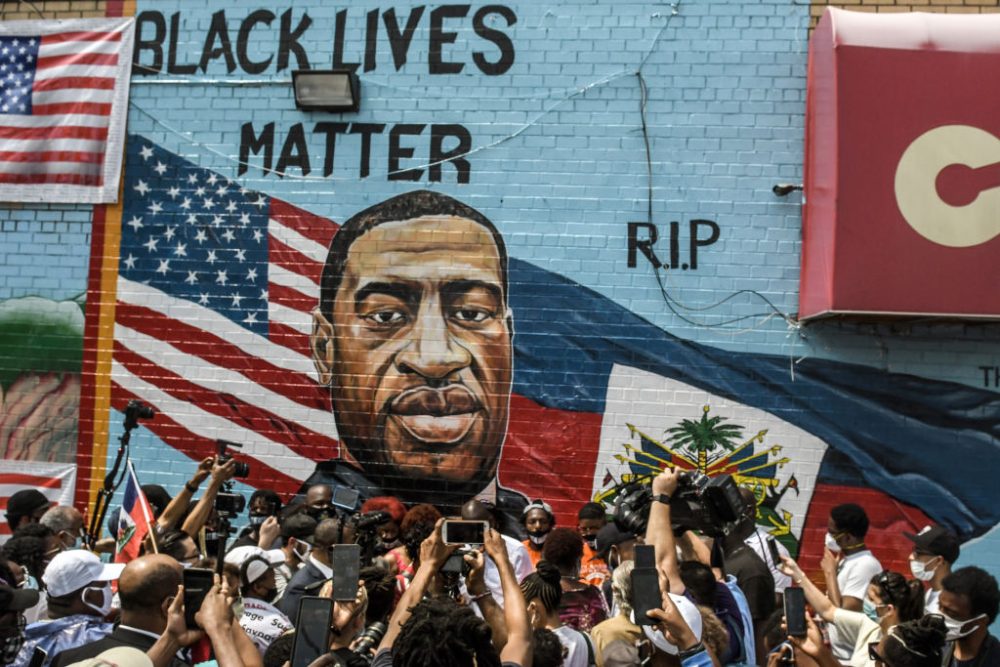James Bond may have battled the nefarious forces of SMERSH, SPECTRE and other international terror organizations, but surely he has never faced quite so implacable a foe as the sensitivity reader.
Following in the footsteps of Roald Dahl, the wholesale revision of whose books led to international outrage, Ian Fleming’s Bond novels, which have been re-released to mark the seventieth anniversary of the first publication of Casino Royale, have undergone their own exercise in alteration. But is it an egregious travesty à la Dahl, or — whisper it — might someone have had an idea arising from nobler motives?
The statement released by the Fleming estate to explain the changes — especially the second in the series, Live and Let Die — was admirably non-evasive when compared to the patronizing nonsense spouted by the near-Orwellian Dahl Story Company. The estate asked, now that the books are being published under their own imprint for the first time, “what responsibility did we have, if any, to review the original texts?”
They suggested that Fleming himself had made several edits to Live and Let Die in the Fifties at the behest of his American publisher — “[passages] that were racially troubling, even then” — and came to prefer the amended one. Therefore, they argue, any changes undertaken today have come less from a desperate desire to cater to modern sensibilities and more to bring the books into line with Fleming’s own actions. “We felt strongly that it was not our role to comb out every word or phrase that had the potential to offend,” they say, noting that the changes were “very small in number” and mostly concerned with phrases that were liable to cause great offense.
The statement concludes that the changes made would have been met with their author’s approval: “we are certain that is something Ian Fleming would have wanted.”
Given that Fleming died nearly sixty years ago, it is impossible to imagine what his views on contemporary literary culture would have been. But chances are that, as with Dahl, he would have been taken aback at the idea of his books being handed over to complete strangers and altered to live up to contemporary standards of polite discourse. After all, when an author finishes a book, he does not expect that, decades after his death, it is going to be rewritten to meet the new standards of a changed society: that way madness lies.
Yet there is a counterargument here too. The Fleming estate notes that “the world was a very different place to how it is now” when the Bond novels were published. Compared to the increasingly sanitized films, their strongly sexualized and off-color content — the reference to “the sweet tang of rape” has not been altered — is likely to shock many readers who are expecting derring-do and quip-laden adventure.
If one is desperate to read the uncensored Fleming originals, there will be endless opportunities to do so; it is not as if every one of the millions of paperbacks sold is suddenly going to be gathered and burned. But for those who might be offended by writing that is undeniably backward-looking, even racist in its implications and statements, the careful excision of certain words and phrases is hardly the half-witted, bull-in-a-china-shop idiocy that the Dahl estate has exhibited.
Personally, I’m opposed to sensitivity readers and posthumous censorship in all their forms. I would not have edited the Fleming novels myself, nor would I have taken part in any initiative to do so. But we no longer live in a world where such things are not considerations. At least we can praise the Fleming estate for treating us as adults who wish to take part in a conversation about taste and sensitivity. That is something Bond himself might have approved of, even if he decried the rest.

























